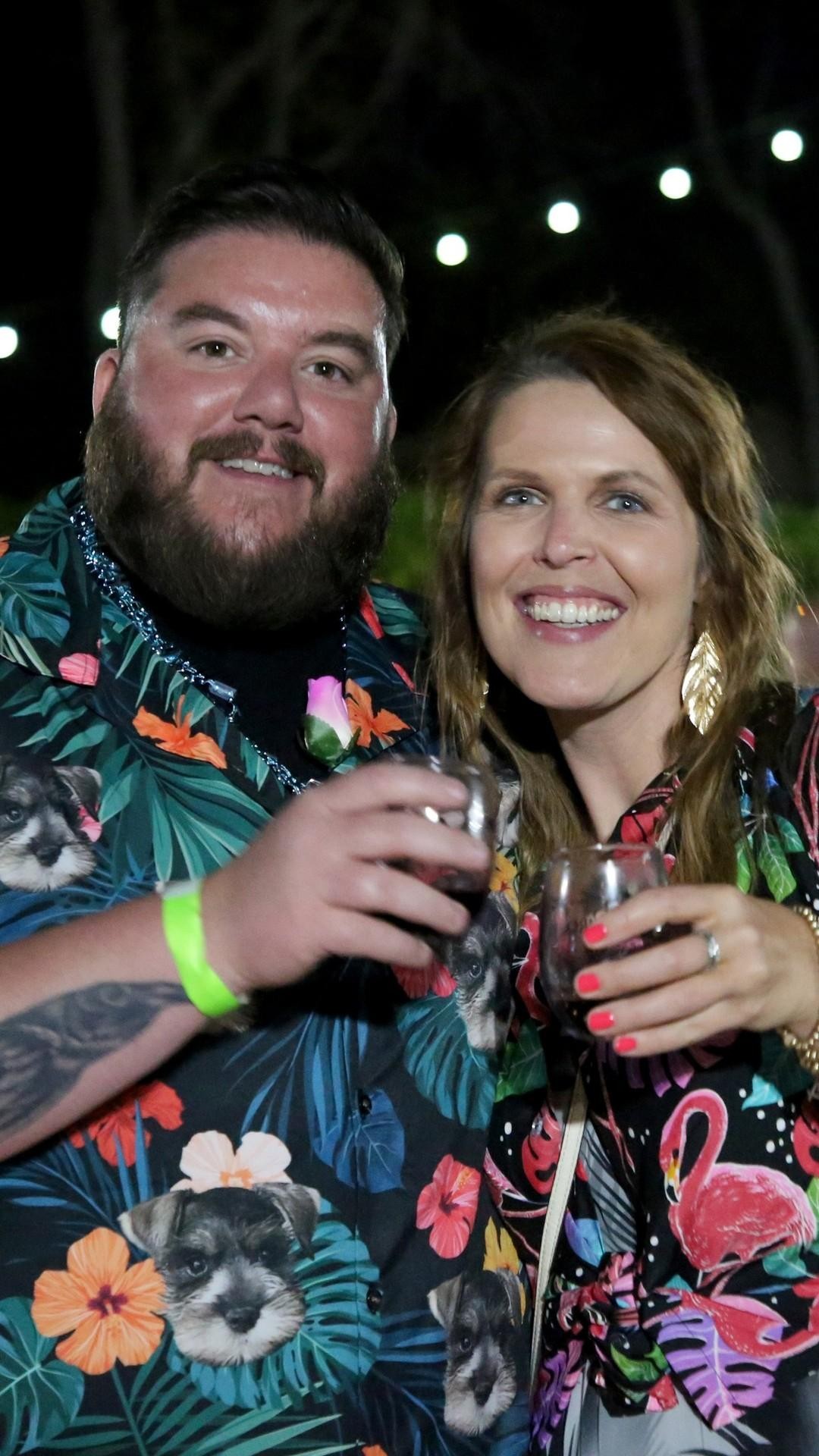– The role of “Wine Gone Wild” in supporting wildlife conservation efforts.
– The importance of responsibly enjoying wildlife and conservation-related events.
– A closer look at the wineries and distilleries contributing to conservation causes.
– The impact of community engagement in zoo management and local wildlife preservation.
– Strategies for ensuring a successful and sustainable zoo event focusing on educational outreach.
—
As the anticipation for “Wine Gone Wild” swells, with the event scheduled on April 6 from 6 – 8 p.m., it’s clear this isn’t just an average social gathering—it’s a toast to conservation and wildlife preservation. In an increasingly environmentally conscious age, such events are pivotal in melding social enjoyment with purposeful support for wildlife initiatives. This 21 and up event is not only a platform for savoring tantalizing wine tastings from reputable wineries and distilleries but also serves as a potent reminder of the critical role community events play in supporting zoo management and conservation efforts.
One of the primary objectives of “Wine Gone Wild” is the infusion of fun into the serious task of wildlife conservation. The evening’s activities allow attendees to contribute directly to local and possibly global conservation projects. When participants sip on the rich flavors curated by expert vineyards, they also partake in a mission that extends far beyond the wine glass—a mission rooted in preserving the diverse species that share our planet.
The essence of these gatherings is to foster an awareness that pleasure and purpose can coexist. The event’s organizers partner with wineries and distilleries that are often involved in sustainable practices, adding an additional layer of advocacy to the occasion. Guests are, therefore, sipping for survival, aiding animal care and research, and potentially backing fieldwork aimed at protecting the habitats of the species these institutions aim to save.
When discussing the wineries and distilleries themselves, it’s essential to highlight their conscious contribution to the cause. Many of these businesses have strong ethical foundations, using environmentally friendly methods that reflect their commitment to the earth and its inhabitants. Procuring ingredients, packaging, and overall operations often align with environmentally conscious principles, engaging in practices that minimize waste, save water, and reduce carbon footprints. At a function like “Wine Gone Wild,” the presence of such contributors underlines the event’s commitment to conservation.
The nexus of community engagement and zoo management represents a remarkable synergy where education and amusement intersect. Zoos that have embraced such inventive ways to connect with their patrons bolster their operational finances and invigorate their educational outreach. Events like this drive home the concept that each visitor is a stakeholder in the animal’s well-being and the natural environments they represent. By witnessing the care, research, and conservation efforts firsthand or through the engaging tales told by zoo educators and conservationists, visitors are transformed into informed ambassadors for wildlife preservation.
It’s essential to note that successful events such as “Wine Gone Wild” require meticulous planning, from ensuring the welfare and safety of both human guests and animal inhabitants to curating an experience that educates without overwhelming. Zoo events weave together the festive atmosphere with an air of learning, often through interactive experiences or encounters that allow guests to come face-to-face with the importance of their contributions. Such events can also serve as a platform for zoos to share success stories of reintroductions, breeding programs, and conservation initiatives made possible through public support and engagement.
For the event to truly serve its purpose, it is critical to emphasize the educational aspect. While the draw might be the wine and the ambiance, the lasting impact lies in the awareness raised and the funds garnered for ongoing and future conservation projects. Each ticket sold translates into resources that might fuel the next groundbreaking research project or habitat restoration effort. These efforts are vital in the global battle against habitat destruction, climate change, and diminishing biodiversity.
Focusing on educational outreach, “Wine Gone Wild” illustrates how conservation education can be entertaining and inspiring. A well-balanced approach includes offering information about the species receiving support from the event, showcasing the importance of ecosystem balance, and presenting conservationists’ challenges in appealing and interactive ways. The event is a stepping stone for many attendees, sparking a prolonged interest in wildlife conservation and advocacy.
In summary, “Wine Gone Wild” exemplifies how zoological institutions can engage the community in their mission while maintaining sound management and fundraising strategies. These events secure the necessary funding for animal care and conservation work and highlight the ongoing necessity for public involvement in wildlife conservation. As such, attendees become part of a community that enjoys the finer things in life responsibly and conscientiously, knowing that their participation serves a higher purpose: the continued existence and well-being of wildlife species around the globe.
*****
Source Description
Get your tickets before this party for a purpose sells out! Wine Gone Wild, April 6 from 6 – 8 p.m., is a 21-and-up event where you can enjoy wine tastings from your favorite wineries and distilleries. Grab your friends and your favorite designated driver, and get your tickets today!


